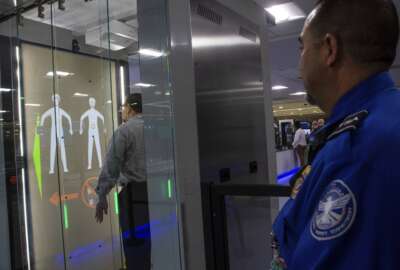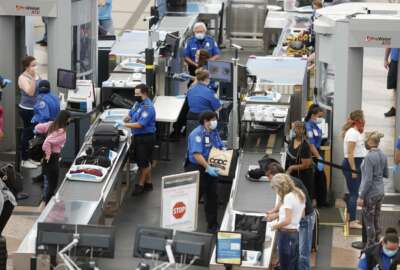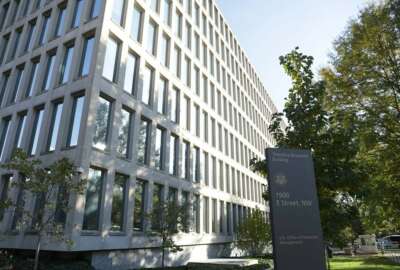By Jory Heckman
Federal News Radio
As agencies decide on a two-year plan for structuring their senior executive workforce, one agency head says that the Office of Personnel Management is keeping some of the best and brightest from joining the Senior Executive Service.
“You need excellence in management, you need some signs that you’ve got an outstanding manager. But you want to see excellence in much more than that,” Michael Astrue, former commissioner at the Social Security Administration told In Depth with Francis Rose . “Part of the problem with the OPM process is in terms of management and excellence. It’s become a check-the-box exercise, in terms of ‘Have you managed a lot of people?,’ regardless of whether you were terribly successful or not.”
During his time as SSA commissioner, Astrue said he’s seen well-qualified people get turned down for the SES by OPM.
“It makes it much more difficult to get outstanding talent from the outside, and I lost a couple of really terrific people that way. And it also means that they [OPM] under-value skill sets that are important. And it’s particularly true for information technology.”
Astrue said that at SSA, it’s important that SESers have IT expertise, because the agency doesn’t run anything like it did 20 years ago, now that many paper processes have become digital.
“And yet, OPM doesn’t recognize that, and it’s not any coincidence that they can’t run their own IT systems. If you’re filing for retirement as a civil servant — as I am, I’m filing for retirement now, I’m going through the process — it’s horrible. You can’t file electronically, the system’s a mess. Often it takes six months to 12 months to have it happen. Sometimes longer, I’ve heard those horror stories. And it comes in part because it’s an agency that doesn’t value expertise in information technology.”
Astrue said OPM’s check-the-box approach was too rigid and excluded people for the wrong reasons.
“You’d try and talk to them and they’d say, ‘Well, this person hasn’t managed 50 people,’ or something like that. And we’d say it’s an IT person, it’s a lawyer coming out of one of the very best law firms in Washington. They typically don’t get those types of experiences, that’s not the way their worlds are. But they’re outstanding because they have this accomplishment, this accomplishment and this accomplishment, and these are needs that the agency has. And they basically said, ‘We don’t care.'”
Astrue said OPM isn’t entirely to blame for the problem, and added that some cultural issues at SSA also hurt building the right SES workforce.
“It’s a very large agency, so it meant a lot of people were getting sort of a thank-you SES appointment right before retirement. And that’s a nice sentiment, but it’s not really what the SES is about. It was, I think, hurting continuity at the agency,” he said. “So what we did, in short, is that we expanded the pool to include GS-14s. We got different talents, it was a much more diverse pool because we had more representation from the regions, and it was an absolutely level playing field. The best and the brightest — it wasn’t about time and grade, it was about performance, excellence and commitment to public service. And I think we dramatically improved the quality of the SES.”
Astrue said the current system of vetting SESers is a system that doesn’t work, and called on Congress and the Government Accountability Office to fix it.
“There should be a timeline for OPM decisions. And if they can’t make a timeline, make a decision within 30 days or 45 days or by default the agency decision should stand,” Astrue said. “They need to write guidelines — because if things aren’t down on paper, they’re not going to check the box at OPM — that stresses to a greater degree than now the importance of accomplishment and expertise. And that will allow getting the IT talent, the legal talent, the actuarial talent and the communications talent.”
Until changes are made to OPM’s criteria for SESers, Astrue said some strong candidates won’t bother applying.
“Federal government runs with an outstanding civil service that should be politically neutral, and when OPM allows the process to become political, it really does diminish the excellence of the civil service, and it discourages people from applying and from staying,” he said. “I know from my experience that’s a real issue that’s increasing in severity and it’s something that this administration is not paying attention to.”
RELATED STORIES
Survey: What do you think about the Senior Executive Service?
OPM workforce goals in 2015: Mentorship for SES, engagement for agencies
Copyright
© 2024 Federal News Network. All rights reserved. This website is not intended for users located within the European Economic Area.




